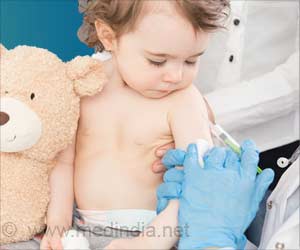This is the first multinational study to describe the outcomes of a large cohort of children and adolescents with cancer or hematopoietic stem cell transplantation and laboratory diagnosis of COVID-19. The registry remains open and is enrolling children younger than 19 years old.
‘Children with cancer fare worse with COVID-19 than children without cancer.’
The analysis looked at 1,500 children from 131 hospitals in 45 countries from April 15, 2020, to February 1, 2021. This is prior to vaccinations becoming available to older children in some areas of the globe, as well as prior to the emergence of specific disease variants, including delta.
The study found that 65% of patients were hospitalized and 17% required admission or transfer to a higher level of care. It also showed that 4% of patients died due to COVID-19 infections, compared to 0.01-0.7% mortality reported among general pediatric patients.
Cancer care was also affected. Cancer therapy was modified in 56% of patients and 45% had chemotherapy withheld while their infections were treated.
“By working together to create this global registry, we have enabled hospitals around the world to rapidly share and learn how COVID-19 is affecting children with cancer,” said the paper’s co-author, Professor Kathy Pritchard-Jones, SIOP president.
The registry suggests biological factors that likely influence how children with cancer respond to COVID-19. Those include immune system function and the underlying disease.
The analysis also showed that outcomes vary around the world, although the registry does not pinpoint causes. This variation may be due to a multitude of factors, including disruptions from the pandemic, access to care and resources, or delays in infection diagnosis.
The impact of this disease has been felt in every corner of the world, but particularly in low- and middle-income countries compared to high-income countries. There are critical differences based on where a child lives. This registry is a tool that is helping us understand what that means for children with cancer everywhere.
The registry is still enrolling patients and continues to add new countries. It includes freely available data-visualization tools so that anyone, anywhere, can access the information.
Source: Medindia



